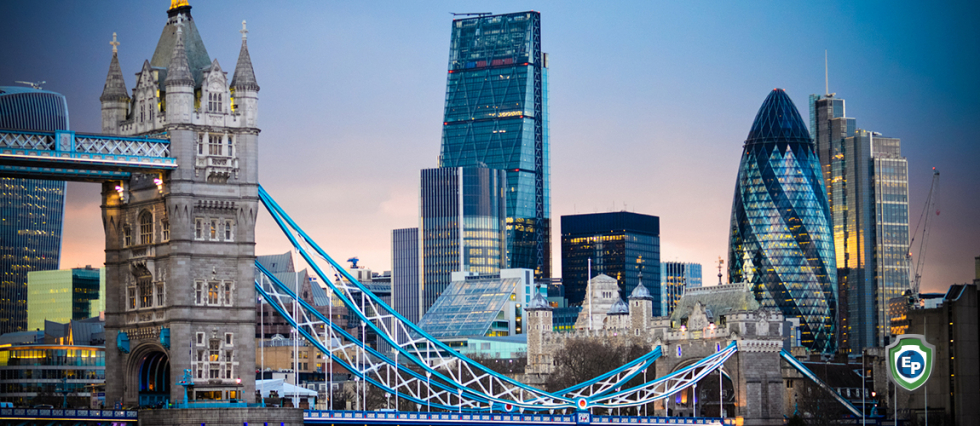Brexit trade deals delayed: What it means for British businesses
Despite the fact that the UK exited the EU in January, a trade deal has not been struck yet. How will this effect British businesses? Read to learn more!

On January 31, the UK exited the European Union. Now, the country is in a transition period where it must work to establish a free-trade deal with the EU by the end of the year. If not, British businesses will face reverting to following the World Trade Organization (WTO) rules.
Now, as Boris Johnson is admitted to intensive care after testing positive coronavirus just weeks after Michel Barnier, the EU's Brexit negotiator, also tested positive. Many call for the government to ask the EU for a trade deal deadline extension. In these difficult circumstances, it is difficult to see how the end of the year could realistically settle a large scale trade deal.
If a delay is agreed on, British businesses will likely avoid the challenges of reverting to WTO rules.
British economy faces a huge challenge
Last month, the FTSE 100 fell by 10.9%, the most significant drop in one day since 1987. The increasing COVID-19 pandemic has shaken the country's economy as investors take a pessimistic outlook on the future of the economy.
British businesses are already under threat from this crash. However, the COVID-19 pandemic may also prevent the UK from reaching a trade deal with the EU by the deadline, which will see the country face a further economic challenge. The current instability of the market is posing a risk of business failure on a large scale.
With the UK's Brexit negotiator in intensive care, and the country, along with much of the world, facing a long road ahead in overcoming the pandemic, experts have expressed that a delay may be vital in preventing a no-deal Brexit.
The UK has until the end of June to ask the EU for an extension to securing a trade deal. If no extension is requested or given, and there's no deal at the end of the year, British companies will trade under WTO rules.

How a potential no-deal will impact British businesses
In short, British businesses would benefit if the government avoided a no-deal scenario, which would force them to comply with WTO rules.
A list of tariffs and quotas, known as WTO schedules, are applied the same way to each member of the WTO.
In the EU, the average tariff is relatively low at roughly 2.8%. However, under WTO rules, these tariffs could be considerably higher, for some industries in particular, such as automotive, taxes can be as much as 10% for crossing the UK-EU border. The agricultural sector will also be struck, with tariffs for dairy products reaching more than 35%.
In addition to raising tariffs, a no-deal Brexit would also result in additional checks and costs for UK businesses wishing to import or export goods from and to the EU.
While the government has plans in position for a no-deal scenario, which would see 87% of imports being tariff-free, an increase on the pre-Brexit 80%, these tariffs are only temporary.
An extension is considered the ideal solution in the current scenario, as it would give the country a chance to secure trade regulations for British businesses that are preferable to those laid out by the WTO.
Learn More with Export Portal
At Export Portal, we believe in being a truly comprehensive international trade marketplace. That includes helping our users learn everything they need to know about global trade. Subscribe to our newsletter today to stay in the loop!






Comments 0